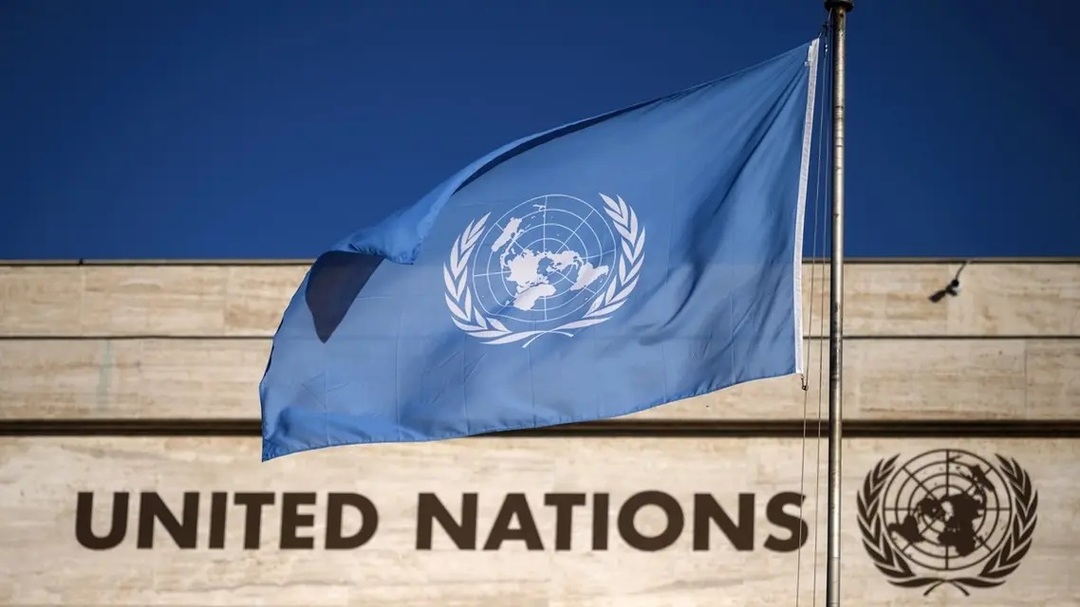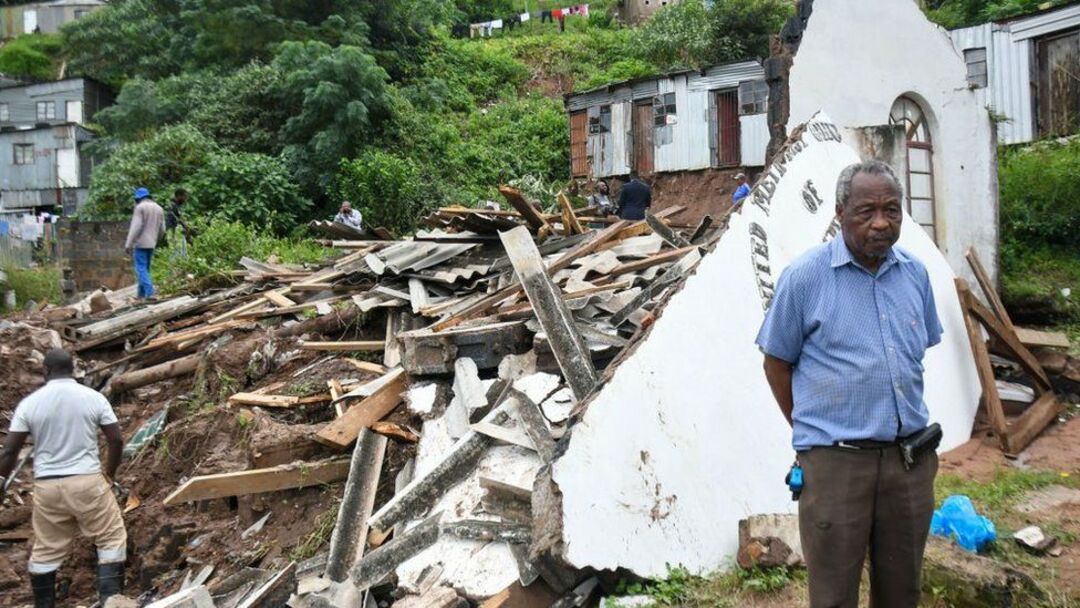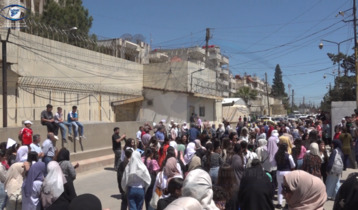-
UN official: The world is not spending enough to prevent floods and heat waves

Mami Mizutori, head of the United Nations Office for Disaster Risk Reduction that Nations are spending too little to prevent disasters in the face of rising global calamities, from the floods in South Africa to a record-breaking heat wave in India.
This comes in an interview, in which Mizutori said that of the $133 billion in available disaster-related financing in 2010 to 2019, only 4% went to reducing risks with the rest being spent on more costly post-calamity responses.
Mizutori said ahead of a global forum on disaster risk reduction in Bali, Indonesia: “This is the new landscape of disaster risk. We are living in a multi-hazard world with compounding effects, and we need to invest more in prevention.”

This lack of funding comes at a time when countries are having to contend with natural disasters and geopolitical conflicts after years of struggling with the pandemic.
Half a million Indians flee floods in northeast brought by rain
Developing nations bear the brunt of losses from disasters at 1% of gross domestic product a year, threatening to undo their hard-earned economic gains. That figure comes down to just 0.1%-0.3% for developed countries.
Mizutori said that the U.N. agency is talking with lenders and donors about shifting more funds to disaster prevention, including making infrastructure more resilient.
Birds fall from the sky as heatwave scorches India
It’s a difficult trade-off for nations that, while facing potentially bigger losses if disasters strikes, also have pressing short-term development needs.
She said: “We need to stop just looking at things in terms of number but in terms of quality as well, and that needs the guts of both the donor community and the receiving community."
levantnews-japantimes
You May Also Like
Popular Posts
Caricature
BENEFIT Sponsors BuildHer...
- April 23, 2025
BENEFIT, the Kingdom’s innovator and leading company in Fintech and electronic financial transactions service, has sponsored the BuildHer CityHack 2025 Hackathon, a two-day event spearheaded by the College of Engineering and Technology at the Royal University for Women (RUW).
Aimed at secondary school students, the event brought together a distinguished group of academic professionals and technology experts to mentor and inspire young participants.
More than 100 high school students from across the Kingdom of Bahrain took part in the hackathon, which featured an intensive programme of training workshops and hands-on sessions. These activities were tailored to enhance participants’ critical thinking, collaborative problem-solving, and team-building capabilities, while also encouraging the development of practical and sustainable solutions to contemporary challenges using modern technological tools.
BENEFIT’s Chief Executive Mr. Abdulwahed AlJanahi, commented: “Our support for this educational hackathon reflects our long-term strategic vision to nurture the talents of emerging national youth and empower the next generation of accomplished female leaders in technology. By fostering creativity and innovation, we aim to contribute meaningfully to Bahrain’s comprehensive development goals and align with the aspirations outlined in the Kingdom’s Vision 2030—an ambition in which BENEFIT plays a central role.”
Professor Riyadh Yousif Hamzah, President of the Royal University for Women, commented: “This initiative reflects our commitment to advancing women in STEM fields. We're cultivating a generation of creative, solution-driven female leaders who will drive national development. Our partnership with BENEFIT exemplifies the powerful synergy between academia and private sector in supporting educational innovation.”
Hanan Abdulla Hasan, Senior Manager, PR & Communication at BENEFIT, said: “We are honoured to collaborate with RUW in supporting this remarkable technology-focused event. It highlights our commitment to social responsibility, and our ongoing efforts to enhance the digital and innovation capabilities of young Bahraini women and foster their ability to harness technological tools in the service of a smarter, more sustainable future.”
For his part, Dr. Humam ElAgha, Acting Dean of the College of Engineering and Technology at the University, said: “BuildHer CityHack 2025 embodies our hands-on approach to education. By tackling real-world problems through creative thinking and sustainable solutions, we're preparing women to thrive in the knowledge economy – a cornerstone of the University's vision.”
opinion
Report
ads
Newsletter
Subscribe to our mailing list to get the new updates!






















